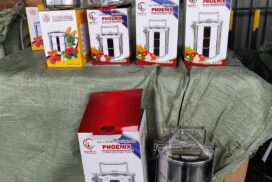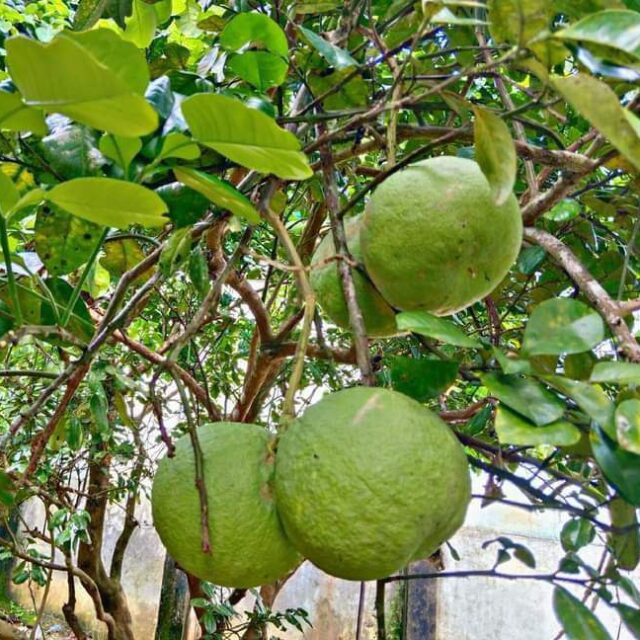Plastic, a human innovation intended to enhance society, has inadvertently become a threat to our global community due to its uncontrolled proliferation. It is imperative to now explore effective solutions to curtail plastic usage and mitigate the adverse effects of plastic waste. Across the globe, plastic waste has permeated even our water and soil, wreaking havoc on the environment. While plastic products offer undeniable utility, their indiscriminate use has spiralled beyond control, prompting environmentalists to seek remedies.
Plastic’s durability, stemming from its complex chemical structure, makes it a slow-to-degrade material, posing a challenge that is underscored by its persistence for over 400 years. Historically, plastic products, including bags, were designed for reuse rather than disposal. However, the proliferation of cheap, single-use plastic bags has fueled reckless consumption habits. The absence of consideration for the consequences of this waste exacerbates the problem.
In a promising development, scientists have proposed a solution by harnessing the capabilities of 184 fungi and 55 bacteria from China’s Jiangsu Province. Recent discoveries indicate that a remarkable 436 species of fungi and bacteria possess the ability to digest plastic waste. Nevertheless, comprehensive research and testing on a larger scale are imperative before implementing these microorganisms as a solution on a global stage.
An alarming eight million tonnes of plastic products are discarded into oceans annually, with additional waste casually strewn on land. Governments worldwide grapple with the challenge of eradicating plastic waste without further environmental harm. Consequently, countries are rallying behind reuse and recycling initiatives, calling for active involvement from citizens to safeguard the environment.
Despite Myanmar’s relatively conservative approach to its natural environment, global plastic consumption exceeds five million tonnes each year, with a mere quarter being recycled. Thus, Myanmar must adopt a proactive stance against potential plastic waste hazards, even though the threat to its society remains somewhat contained. The present moment presents a golden opportunity for Myanmar to take action against plastic waste.
That is why, the unforeseen menace of plastic waste calls for urgent action. Humanity’s initial pursuit of progress inadvertently yielded a persistent ecological threat. The time is ripe for Myanmar, and the world at large, to unite against plastic waste in the society through conscience of the people. By embracing innovative solutions, fostering responsible consumption habits, and promoting recycling initiatives, the people of Myanmar can ensure a cleaner, greener future for generations to come.
Combat plastic waste for future generations in Myanmar
- August 20, 2023
- 365












